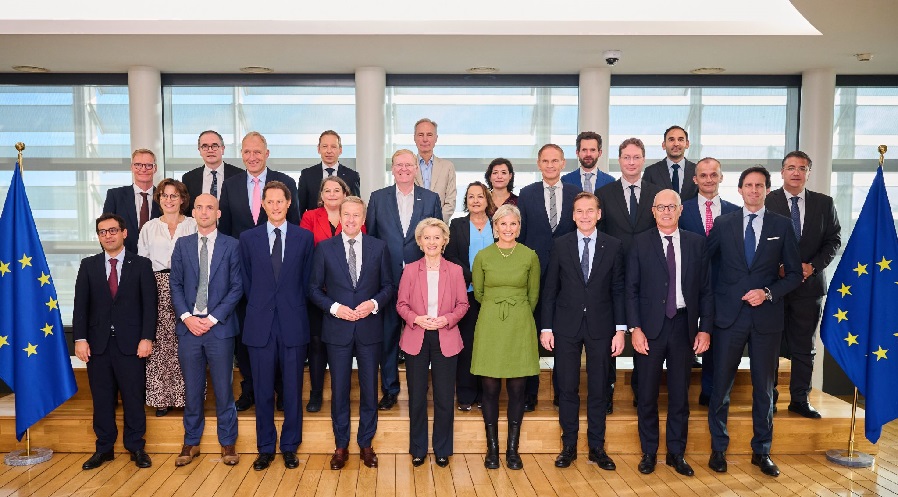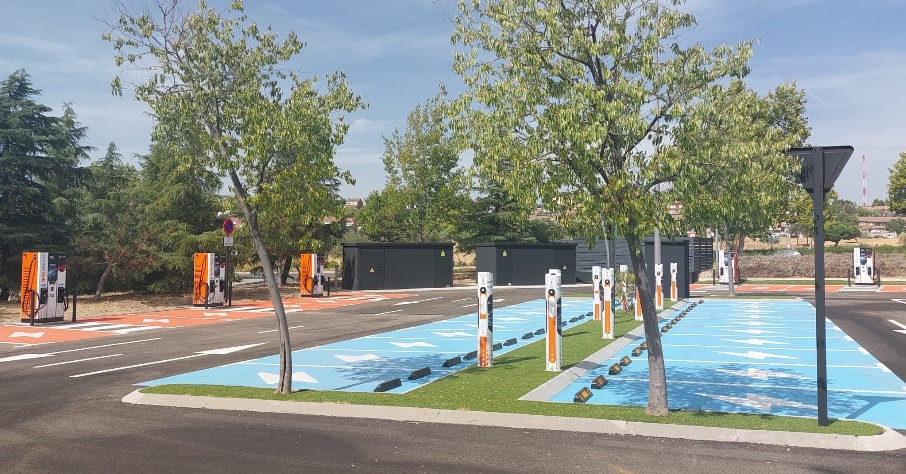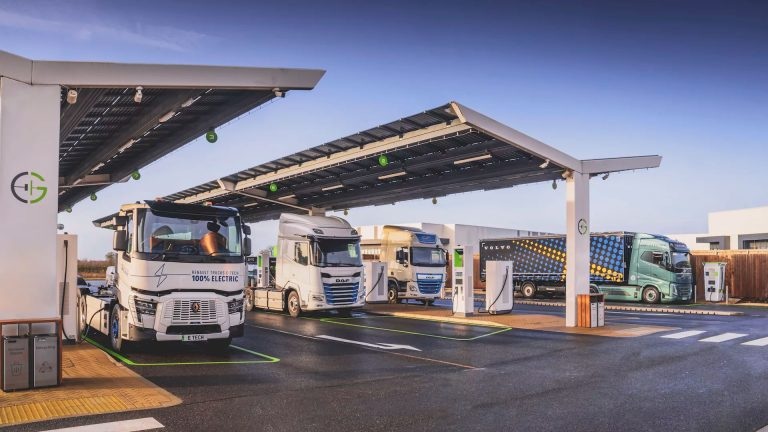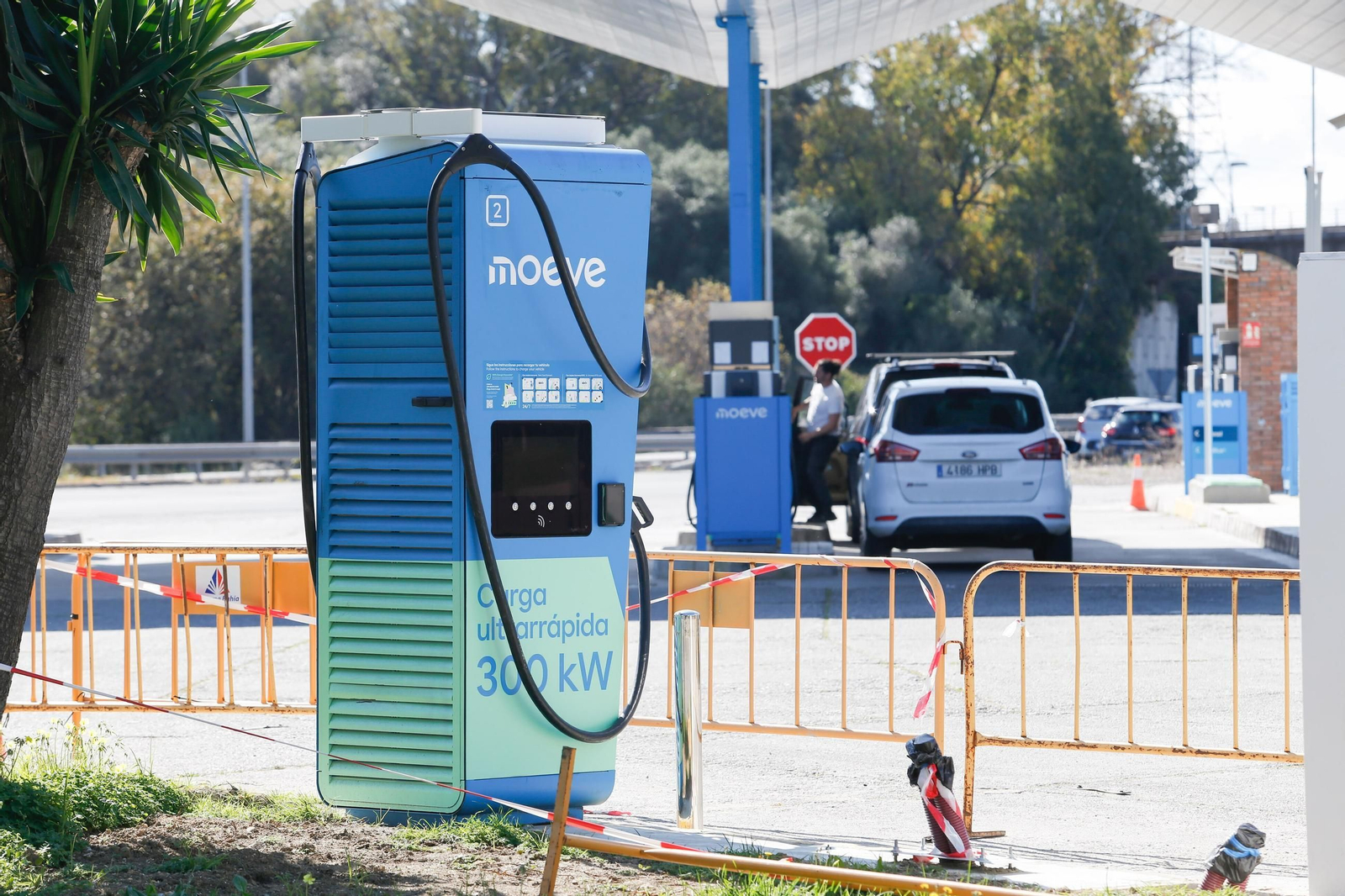The European Automobile Manufacturers’ Association (ACEA) has welcomed the “clear focus” of this Friday’s third Strategic Dialogue on the Future of the European Automotive Industry on the structural challenges facing both the sector and Europe as a whole.
“We agree with the Commission President that bold and swift action is required. No one has more at stake in the success of zero-emission mobility than Europe’s car manufacturers,” said Ola Källenius, ACEA President and CEO of Mercedes-Benz.
Manufacturers welcomed the fact that, while not all differences have yet been resolved and not all answers to the challenges are known, the range of solutions has expanded, with “concrete” proposals across all areas (decarbonisation, competitiveness, and supply chain resilience).
Alongside the Dialogue, a Memorandum of Understanding was signed between the Commission and key stakeholders to foster synergies between various innovation programmes.
“ACEA welcomes the intention to develop a Joint Undertaking for Automotive Research and Innovation and highlights the importance of direct industry involvement in the creation and management of this Joint Undertaking from the outset,” it added regarding this initiative.
Concrete measures for specific situations
ACEA also conveyed that the Commission has acknowledged the need raised by manufacturers to take action across three key areas – passenger cars, light commercial vehicles, and heavy-duty vehicles.
Among other points, discussions included reintroducing an industrial and market perspective for technologies that help accelerate the transition, as well as granting special recognition to the production of small, efficient electric vehicles.
Likewise, ACEA positively noted that the situation of the van market – with an electric market share of just 8.5% – has been taken into account, highlighting the need for targeted attention.
“Truck and bus manufacturers are committed to Europe’s green transition. The vehicles are ready, but the enabling conditions are not. We appreciate the recognition that our sector faces specific challenges requiring dedicated attention, and we look forward to swiftly working together on the development of urgent, tailored measures in a short-term follow-up meeting,” said Christian Levin, CEO of Traton Group and Scania.
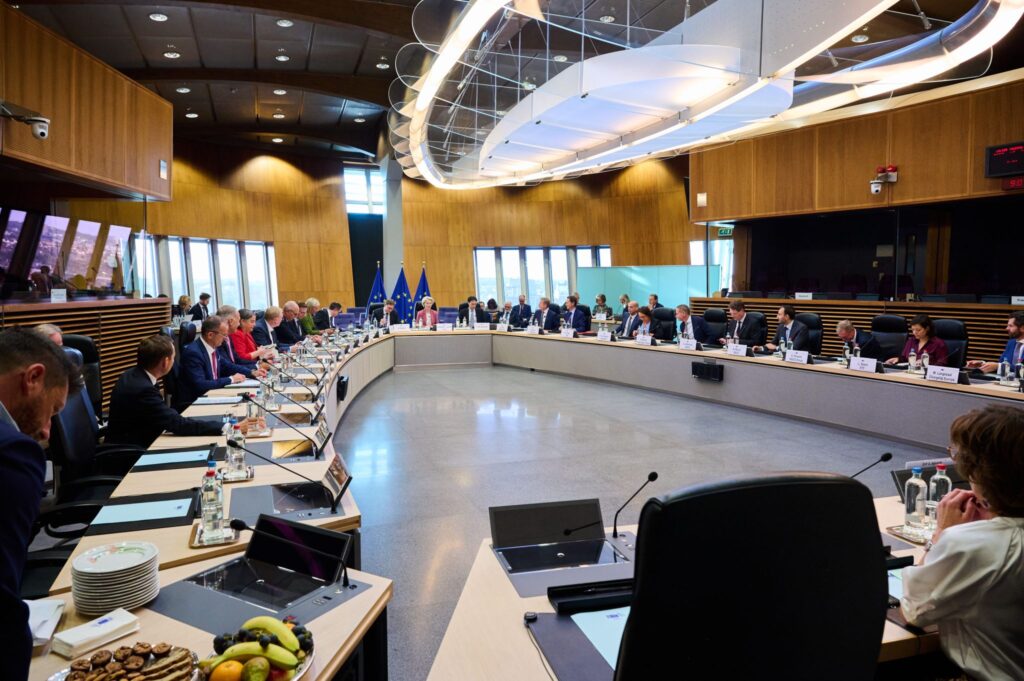
READ MORE
-
Hellonext supplies charging equipment for the largest EV hub in the Iberian Peninsula
The facility, developed by Galp and BMW Group at Intu Xanadú (Madrid), features 116 charging points and a total capacity of over 3.6 MW.
-
GRIDSERVE begins building its first public electric HGV charging hubs
These new locations form the foundation of the Electric Freightway – a nationwide programme designed to give fleet operators access to high-power public charging designed specifically for electric HGVs.
-
Sector eMobility ya destina 1.290 millones de euros a puntos de recarga en España y va por más
AEDIVE (Asociación Empresarial para el Desarrollo e Impulso de la Movilidad Eléctrica) ha elaborado un informe sobre la inversión en infraestructuras de recarga de acceso público en España que estima el total de la inversión acumulada en 1.290 millones de euros (hasta octubre de 2025). La Asociación ha elaborado este informe para arrojar luz sobre el esfuerzo…




